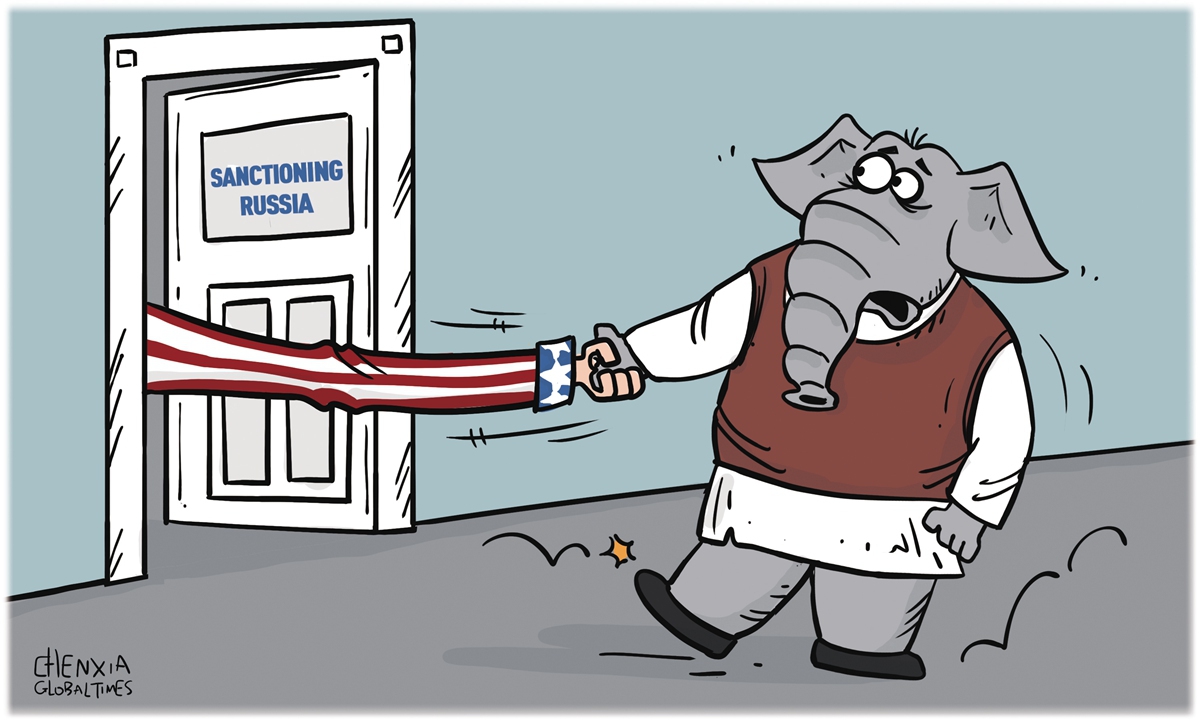Indian External Affairs Minister Subrahmanyam Jaishankar, who is currently on an Australia visit, emphasized one point on Monday – India’s national interests – in response to a question about India-Russia relations.
At a press conference with Australian foreign minister Penny Wong, when asked whether India is rethinking its relationship with Russia given what is going on in Ukraine and whether he thinks India should reduce its reliance on Russian weapon systems, Jaishankar answered, India and Russia “have really a longstanding relationship with Russia, a relationship that has certainly served our interest well,” and “for multiple decades, Western countries did not supply weapons to India.” He added that “we all in international politics deal with what we have. We make judgments which are reflective of both our future interest as well as our current situation.”
The message cannot be more straightforward – India’s foreign policy is based on its own interests in the international community. The country has been seeking the maximum interests in the wider international environment, including getting close to the US and the West, while maintaining cooperation with Russia.
The question of the journalist clearly represents the long-standing Western-centric perspective. From their point of view, they have offered India enough “benefits,” including the title of world’s largest democratic country, as well as increasing arms deals with India. The US, for instance, has spent billions of dollars in security aid to India, signed four defense agreements that cover areas of military information, logistics exchange, compatibility, and security, with India, inked a deal to share sensitive satellite intelligence with India and invited India to join the Quad, experts note, adding that is why the West find it hard to understand, against such a backdrop, why New Delhi would still keep its defense collaboration with Moscow.
But some Westerners have obviously failed to realize their arrogance for having such confusion – the arrogance of not respecting other country’s own interests. Neither the US nor other Western countries have a say on which countries should India cooperate with. It is India’s own business. And for India, the best option is surely to maximize its interests by cooperating with as many countries as possible, observers say.
During the Russia-Ukraine conflict, India did not participate in the West-initiated sanctions campaign against Russia, nor did it stop its trade with Moscow. Not only that, India increased its energy imports from Russia with a lower price. As a member of the Quad, India refuses to dance to the US beat. This must have embarrassed the US. But with whom India trades with does not depend on the US, but India’s interests. If New Delhi had not held this position, it would be now suffering from an energy crisis like in Europe, and have to pay for energy and gas at four times above US market prices.
It is not only India, but the rest of the BRICS countries, as well as the vast majority of developing countries, have refused to participate in sanctions against Russia. Since the outbreak of the Russia-Ukraine conflict, the US has shown that it does not have sufficient capacity in dealing with international relations, and the trend will only become more and more evident in the future, Lan Jianxue, a professor from China Institute of International Studies, told the Global Times.
Lan added that the major reason for that is that the US is too selfish, which has bitterly disappointed its allies and partners, especially during the Ukraine crisis, because of the US selling energy at very high prices when Europe is trapped in multiple crises.
As long as a major country adheres to its own strategic autonomy, it is impossible to remain on the same page with Washington on all issues. There must be differences. However, Washington does not accept or respect such strategic autonomy. Worse, it deliberately seeks to contain others’ strategic autonomy. Nowadays, the trend of multi-polarization in the international community is becoming mainstream. And there is an increasing number of countries are brave enough to say “no” to the US.
The US and its Western allies will keep trying to draw India over to their side. Nevertheless, on many issues including the Russia-Ukraine conflict, India is sending a signal – if the US and the West continue to cast a cold eye to other countries’ national interests while asking them to take sides, they will end up in disappointment.
The author is a reporter with the Global Times. opinion@globaltimes.com.cn













